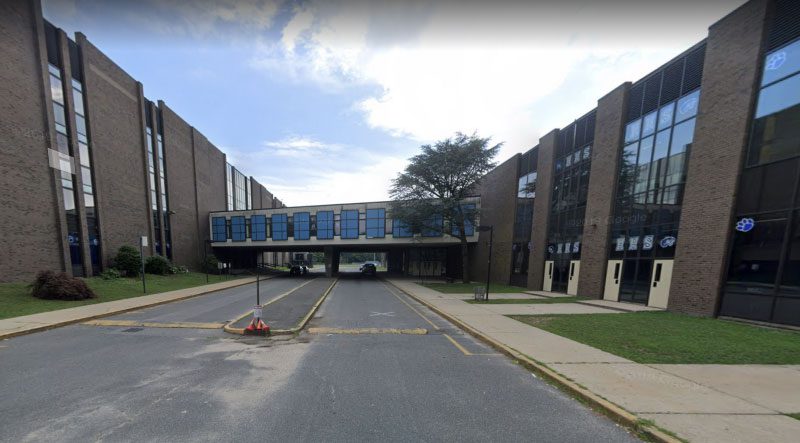By Meghan Gioia
The first week of February marked a significant turning point for the Hempstead Union Free School District, as Gov. Andrew Cuomo signed a new lawallowing the state education commissioner to appoint a monitor to provide oversight, guidance, and technical assistance to the fiscal and academic decisions of the district, the board of education and the superintendent.
The first-of-its-kind bill passed unanimously in June, but amendments to the measure were only approved Feb. 3, including the transition from a three-person panel monitoring system to that of one monitor. Another amendment gave greater authority to the state education commissioner, who must approve the appointment of the monitor, as well as the monitor’s academic and financial plans. The State Education Department will also set the monitor’s salary, which will be paid through the school district’s budget.
The State of New York has installed a monitor in the Hempstead School District in order to improve student outcomes and the graduation rate at Hempstead High School, above. The rate has for years been significantly below the state and Long Island averages.
The school district has suffered through budget chaos and years of financial mismanagement, paralleled by the influx of undocumented students, rising operation costs and staff cuts. A report by State Comptroller Thomas P. DiNapoli’s office using financial data from 2018–19 declared the Hempstead Union Free School District to be under “moderate fiscal stress.” It also suffers from a low graduation rate.
“The Hempstead school district, in 2015, was down to a graduation rate of 39.7 percent, so the state took action and placed a distinguished educator, Jack Bierworth, to oversee the school,” said Emily Mancini, spokeswoman for State Sen. Kevin Thomas, a Democrat from Levittown, who sponsored the monitoring bill.
Bierworth, then the state’s adviser to the district, with more than 50 years of experience in education, improved the graduation rate, which jumped to 63 percent in 2019 on the basis of an August graduation system and altered criteria.
If Hempstead had continued with the traditional June graduation, the district would have had a graduation rate of 57 percent in 2019, compared to Long Island’s average 89 percent graduation rate, and the state’s 80 percent. After his allotted two years, Bierworth stepped down, leaving the new monitor with the challenge of maintaining the district’s improvements.
“The monitor will work with the school board to keep the district on an upward trajectory to long-term stability and success,” Thomas said in a news release. “We owe it to the children of Hempstead to provide the best possible education. This new law will help realize that vision.”
Over the next five years, the monitor will provide oversight of the 7,600 students in the district. Hempstead school officials have opposed the state monitor’s guidance, and have instead lobbied for increased state funding to combat the fact that, according to the U.S. Census Bureau, 6.6 percent of Hempstead’s population falls below the poverty line, and the district is considered to be the poorest on Long Island in terms of family income and taxable property value.
The monitor will be tasked with conducting three public hearings within the first 60 days of appointment in order to increase community input and transparency within the district.
Each hearing will center on a particular topic — state intervention, academic performance and finances. The board of education must work with the monitor to establish the financial and academic plans for the coming years based on the findings from the public hearings. The monitor will also review all budgets and submit them to the state education commissioner for review and final approval.
The new law gives the monitor power to notify the commissioner if the district violates a plan, allowing the commissioner to force the district to comply. The monitor can also resolve disputes among board members and the superintendent. And the monitor can veto district-paid, out-of-state-travel, and is required to attend all board meetings and executive sessions.
“Education is the most important tool for the betterment of Hempstead,” State Assemblywoman Taylor Darling, who endorsed the bill, said in an official statement. “When we are able to educate students correctly and properly, then our success will indeed become certain.”







